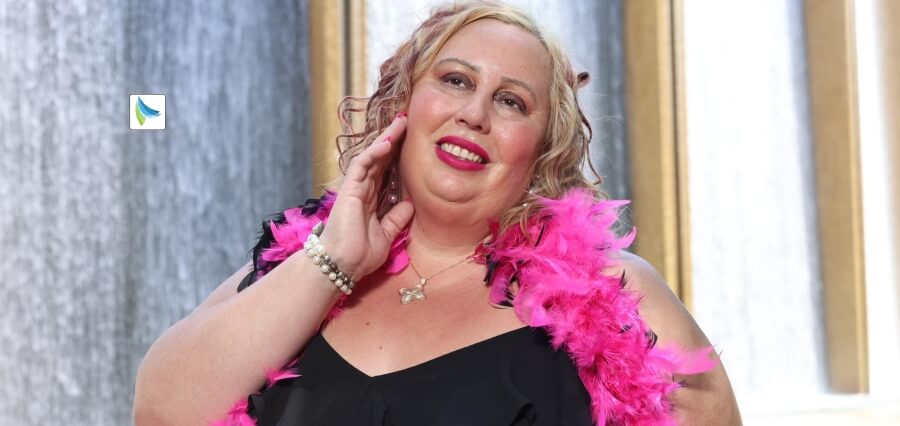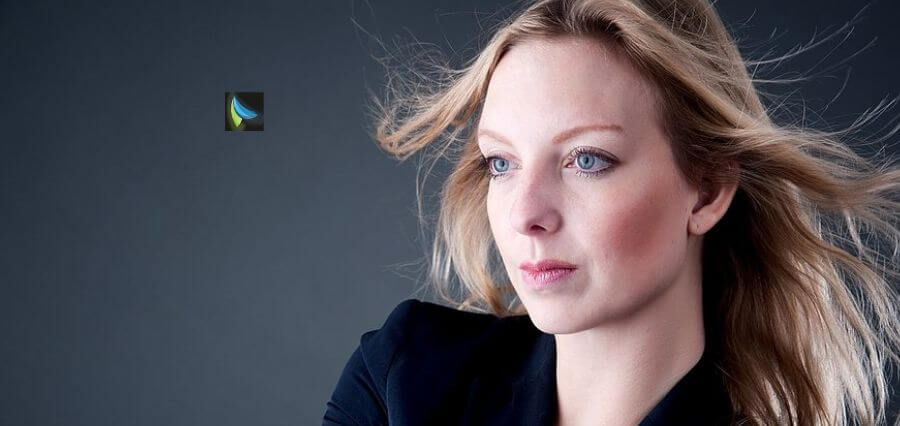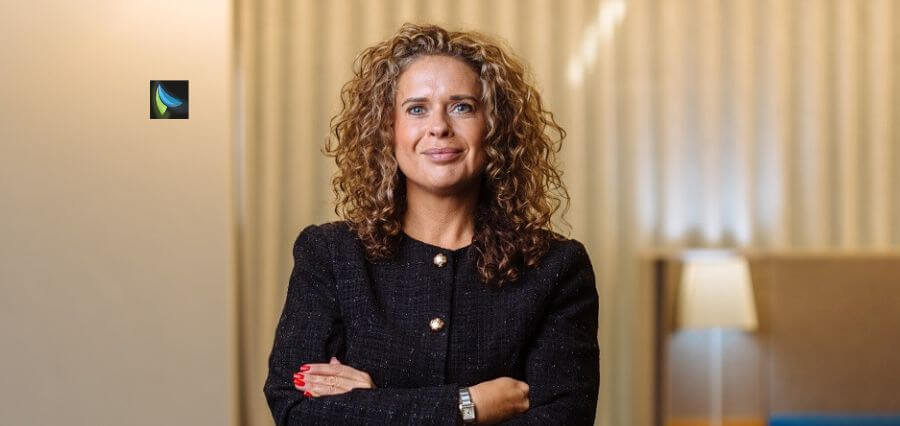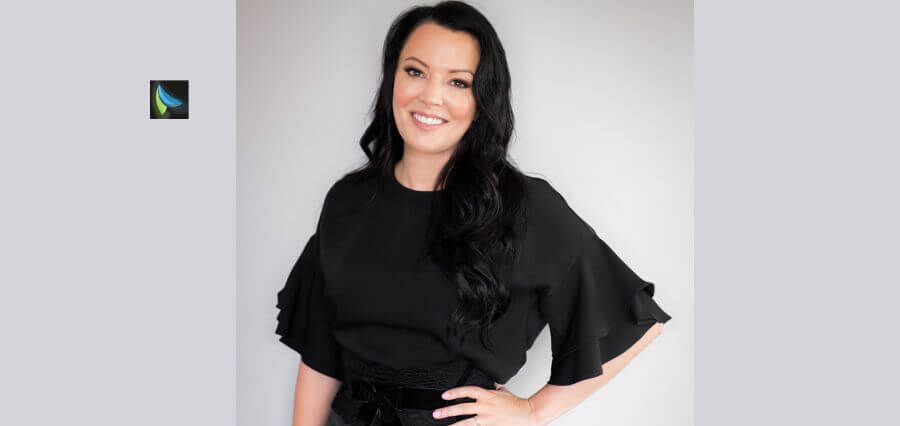After starting her career in product management, then taking on senior roles in technology, operations and fintech partnerships, Sabrina Tharani has had a remarkable career. Today, she leads Mastercard’s award-winning startup and venture program, Start Path, innovating on fintech and much more.
Her dedication to diversity and inclusive growth has helped her build a career in financial services that have transformed the fintech industry Insights Success caught up with Sabrina and talked about her significant steps and her perspective on the future.
Below are the highlights of the interview:
Briefly describe your professional journey up until now.
For over a decade, I’ve been fascinated by the way people, businesses, and governments move money and data. I’m in one of the few industries that billions of people rely on every day, and that also must work seamlessly in real-time! My entire career has been oriented around helping Mastercard do just this – building the future of commerce by commercializing and scaling novel payment technologies that change the way we think about financial services. My career started in product management, but today I lead Mastercard’s award-winning startup engagement program, Start Path, which partners with and invests in standout fintech companies. Today we have programs and portfolio companies that look after a very diverse set of strategic areas for Mastercard, from crypto to cybersecurity to financial inclusion.
What challenges did you face along the way?
I have always found there is never enough time! This has become especially true through the pandemic, where the lines between work and life were – and continue to be – completely blurred.
What significant impact have you brought to the FinTech industry?
Fintech innovation continues to accelerate rapidly, and more consumers and businesses are benefitting from the digital economy than ever before, whether they are leveraging open finance data in novel ways to better assess credit risk or securely and affordably sending money across borders around the world. Our objective through Mastercard Start Path is to drive a more inclusive economy by finding fintech companies that are changing the world and providing a curated platform for them to scale using our infrastructure, resources, and expertise to do so. Today we’ve worked with 300+ founders in 42+ countries that have gone on to raise tens of billions of dollars in follow-on capital after our partnership, which to me, is a testament to the meaningful support we provide to the industry.
I’m also particularly proud of the work my team does with minority-owned fintechs through our In Solidarity program, which is dedicated to supporting traditionally underrepresented entrepreneurs to combat structural racism in venture and close the wealth and opportunity gap that exists. An embarrassingly small percentage of all venture capital investment goes to female or Black founders, so this specific program is meant to provide entrepreneurs with the necessary funding and resources they need to scale their companies.
Tell us about Mastercard and its foundation pillar.
At the core, Mastercard is a technology company in the payments space with a mission to power an inclusive digital economy that makes transactions safe, seamless, and secure. Our data, technology, partnerships, and people are how we achieve our purpose, and today in over 210 countries around the world, we process trillions of transactions at millions of acceptance locations.
Our corporate mantra is “Doing well by doing good,” which means everything we build is meant to shape a more equitable and prosperous world. Whether this means launching the Priceless Planet Coalition to accelerate forest restoration efforts or our True Name™ card, which allows nonbinary people to use their chosen identity, our focus on inclusive growth is part of the fabric of our culture.
What is your take on technology’s importance, and how are you leveraging it?
This is a big question! It would be hard to argue anything except that technology is the fundamental context of our age. Technology is the bedrock of our daily lives, and we live in an always-on, everywhere society.
The nature of technology is changing every day, however. Most of us are no longer making a conscious choice to use technology, and, in turn, technology is making many choices on our behalf. We are automating behaviors, consuming data and narratives constantly, and allowing technology to passively observe us and collect information in exchange for utility. This is neither intrinsically bad nor good, by the way, but it means that those of us who work in technology and are creating these systems and tools bear a huge responsibility. Technology must have our best interests at heart, serve the people that use them, be as inclusive as possible, and allow for our humanity to shine through.
What advice would you like to give the next generation of aspiring business leaders?
We are living in uncertain times, and the next generation of business leaders are maturing when threats to the well-being of people and the planet are more prominent than ever. At this pivotal moment, we need empathetic, curious, ambitious new leaders who will help bridge diverse cultures, infuse moral integrity into their professional endeavors, and challenge the norms of today.
My advice to business leaders of tomorrow is to find something that matters to you and immerse yourself in the pursuit of that passion – focus and perseverance are key ingredients to success. Believe in what you are working towards and feel empowered to make a difference in the world.



















